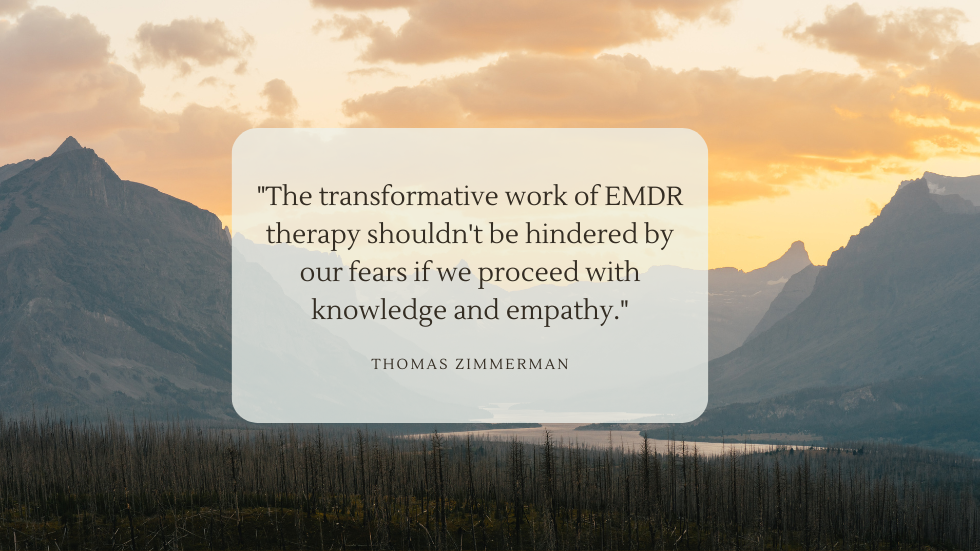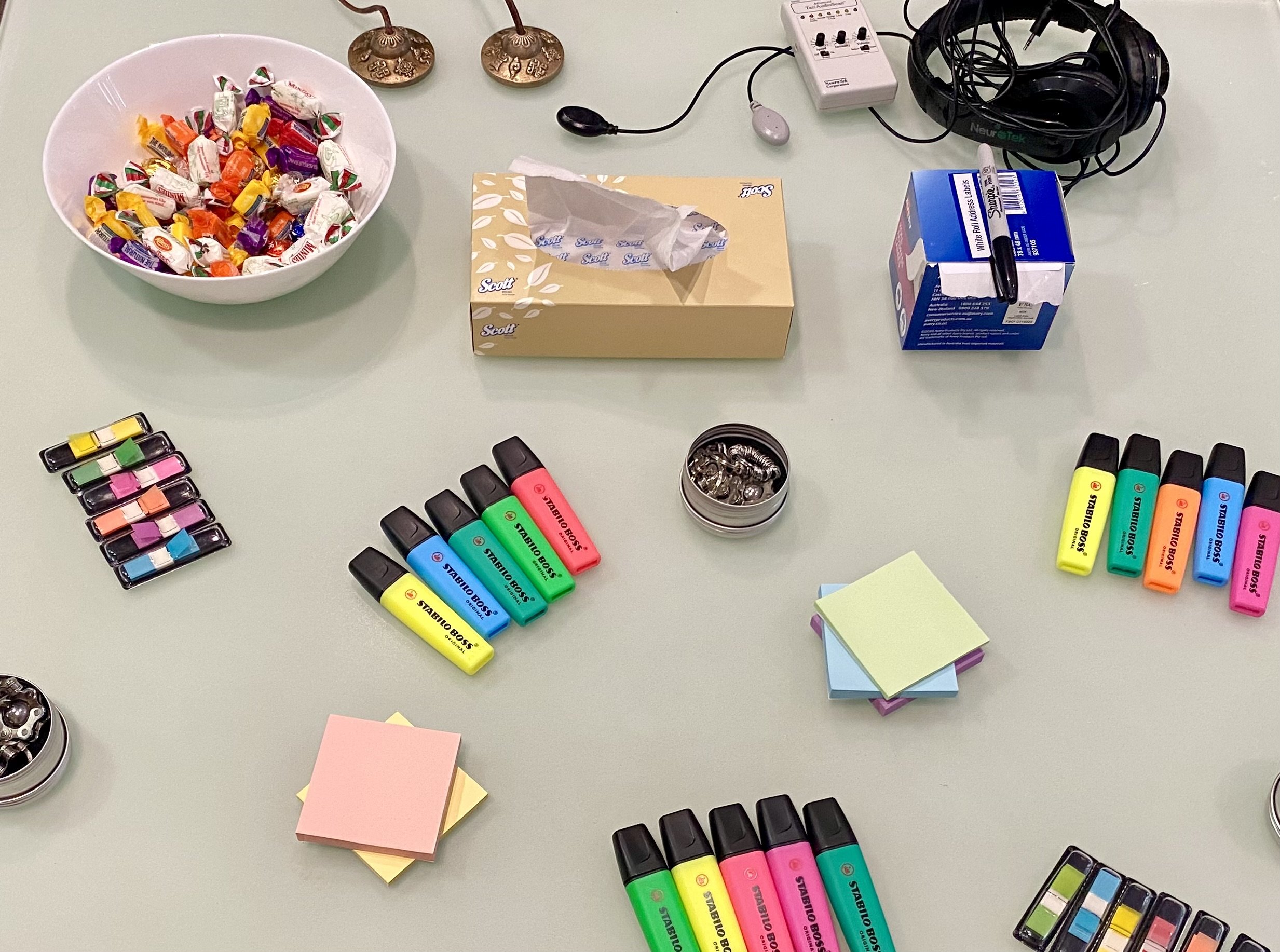
Blog

The Power of Imagination and Attachment
Imagination can be a valuable tool in EMDR therapy, particularly when working with clients who have experienced attachment trauma or neglect. By harnessing visualisation, therapists can guide clients in strengthening a sense of internal nurturance, safety, and the capacity to self-soothe.

The Benefits of Integrating Parts Work into EMDR Therapy
Clients often experience internal conflict during EMDR therapy - one part may be eager to process trauma, while another feels hesitant or resistant. Integrating parts work helps clients build awareness, reduce shame, and foster internal cooperation, making trauma reprocessing smoother and more effective.

Building a Bigger Boat: The AIP Model in EMDR Therapy
In EMDR therapy, the Adaptive Information Processing (AIP) model explains how unprocessed trauma causes distress. To process trauma effectively, clients need a strong adaptive capacity—a concept often described as “building a bigger boat.”

Adequately Activating Targets in EMDR Therapy
Adequately activating targets is important for the success of EMDR therapy. Through creative strategies and a thorough understanding of the client's defences, we can ensure that the targets are fully activated, setting the stage for effective and transformative EMDR reprocessing.

Addressing Client Ambivalence and Avoidance in EMDR Therapy
Client ambivalence and avoidance are common challenges discussed by EMDR therapists during consultation sessions. Integrating 'parts work' into the EMDR process can help clients overcome their defenses, engage with their emotions, and effectively reprocess traumatic memories.

Clarifying Expectations About EMDR Therapy
EMDR therapy is highly effective, but it’s not a one-session miracle cure. Each client’s journey is unique, and the duration and intensity of therapy will vary. By providing a clear and accurate picture of what EMDR therapy involves, we can help our clients approach EMDR therapy with a healthy mindset, ready to engage in the process and achieve lasting healing.

Balancing Resourcing and Trauma Reprocessing in EMDR Therapy
It's natural to feel apprehensive when addressing traumatic memories with emotionally vulnerable clients. However, it's important to recognise when our own anxiety might lead us to 'over-prepare' our clients in EMDR therapy. Being mindful of this can help ensure a balanced and effective approach.

Targeting Attachment Trauma in EMDR Therapy
Identifying target memories in clients with developmental or attachment-based trauma can be challenging. Thomas Zimmerman's 'topographic approach' provides a valuable tool for selecting targets when working with these clients.

EMDR Target Selection
EMDR target selection and sequencing can be tricky, especially when dealing with complex client cases. This is a recurring theme in my consultation sessions with EMDR therapists. Understanding where to begin, what to target, and in what sequence is never straightforward with complex clients, but I have some tips to help demystify this process.

Transitioning From Talk Therapy to EMDR
Getting started with EMDR therapy can feel unfamiliar and even uncomfortable at first. Some therapists struggle to transition from their usual style to a new therapy approach. Embrace the uniqueness of EMDR as a positive opportunity for clients to try something new. The results, as clients often discover, speak for themselves.

Creativity in EMDR Therapy
The journey of an EMDR therapist involves two key elements: mastering fundamental skills and embracing flexibility when needed. This duality within EMDR therapy, a structured approach coupled with scope to innovate, is one of the things that I love most about this amazing therapy. The key is finding the 'sweet spot' - staying grounded in EMDR basics while allowing space for creative adaptation.

Neurodiverse Affirming EMDR Training
In my EMDR workshops, I strive to embody authenticity and inclusivity. My training style ensures everyone feels included and valued, allowing full immersion in learning EMDR therapy. By catering to diverse learning needs, I create an environment where each trainee can fully engage and learn effectively.

Confidence as an EMDR Therapist
Starting with EMDR therapy can be exciting and challenging, especially with complex clients. I aim to understand these challenges and empower therapists to integrate EMDR into their unique styles. It's about bridging the gap between theoretical knowledge from workshops and practical application in daily practice.
